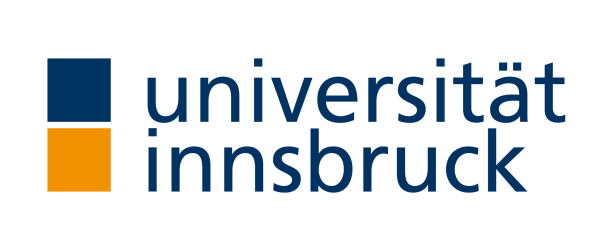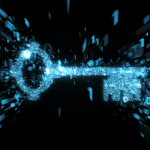Error-free quantum computing gets real

(VerveTimes) A team led by Thomas Monz of the Department of Experimental Physics at the University of Innsbruck and Markus Müller of RWTH Aachen University and Forschungszentrum Jülich in Germany has now succeeded for the first time in realizing a set of computational operations on two logical quantum bits that can be used to implement any possible operation. IQT-News summarizes the team’s findings and its implications.
“For a real-world quantum computer, we need a universal set of gates with which we can program all algorithms,” explains Lukas Postler, an experimental physicist from Innsbruck.
The physicists have now demonstrated all the building blocks for fault-tolerant computing on a quantum computer. The task now is to implement these methods on larger and hence more useful quantum computers. The methods demonstrated in Innsbruck on an ion trap quantum computer can also be used on other architectures for quantum computers.
The team of researchers implemented this universal gate set on an ion trap quantum computer featuring 16 trapped atoms. The quantum information was stored in two logical quantum bits, each distributed over seven atoms. For the first time, it has been possible to implement two computational gates on these fault-tolerant quantum bits, which are necessary for a universal set of gates: a computational operation on two quantum bits (a CNOT gate) and a logical T gate, which is particularly difficult to implement on fault-tolerant quantum bits.
“T gates are very fundamental operations,” explains theoretical physicist Markus Müller. “They are particularly interesting because quantum algorithms without T gates can be simulated relatively easily on classical computers, negating any possible speed-up. This is no longer possible for algorithms with T gates.” The physicists demonstrated the T-gate by preparing a special state in a logical quantum bit and teleporting it to another quantum bit via an entangled gate operation.
Sandra K. Helsel, Ph.D. has been researching and reporting on frontier technologies since 1990. She has her Ph.D. from the University of Arizona.





















